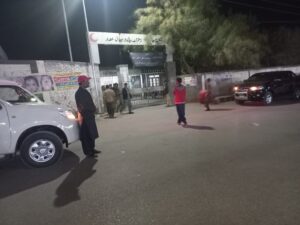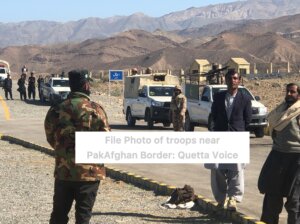By Amjad Rashid:
Poverty and inequality, much like man-made disasters, afflict societies worldwide, including Pakistan. These are not natural phenomena but rather systemic issues rooted in human actions and policies. To eradicate this disease, national governments must craft comprehensive strategies aimed at safeguarding future generations from its scourge.
In Pakistan, the onus lies heavily on our political elite, spanning all parties, to recognize the gravity of the situation and redirect their efforts towards combating this man-made affliction. Without a collective awakening and a shift in approach, the cure will remain elusive. Moreover, at the international level, institutions such as the IMF, World Bank, and the UN must prioritize social and cultural rights over neoliberal agendas, especially as the global order undergoes significant decay.
The challenges of poverty alleviation, malnutrition, stunted growth, inadequate sanitation, and unemployment are pervasive across South Asia and Africa. Collaborative efforts between these regions, bolstered by partnerships with nations like China, hold promise in addressing these issues. However, reliance on the failing neoliberal order is futile; instead, a paradigm shift towards sustainable solutions is imperative.
In Pakistan, the establishment of robust local governance structures with financial decentralization is paramount. Political elites possess a window of opportunity to empower local bodies and enact pro-poor policies. The Chinese model serves as a beacon of inspiration, demonstrating the efficacy of such strategies when implemented effectively.
Regional connectivity, underpinned by a long-term vision, emerges as a viable solution. It necessitates moving beyond the romanticized notions of democracy and socialism towards pragmatic approaches that address our unique challenges. Special economic zones, coupled with initiatives for youth development and the expansion of remittances, offer short-term relief while perpetuating reforms to broaden the tax base and reduce dependency on electoral politics.
South Asia, in particular, requires a concerted effort towards regional connectivity, resource exploration, harnessing youth potential, and fostering transparent governance free from corruption. The path forward does not demand extraordinary intellect but rather sincere leadership committed to implementing existing solutions.
The concept of Basic Democracy warrants reevaluation, with a focus on strengthening local bodies to eradicate poverty and pursue enduring prosperity through perpetual reforms. It is incumbent upon all stakeholders responsible for the nation’s development to prioritize this agenda and steer Pakistan towards a brighter future.






